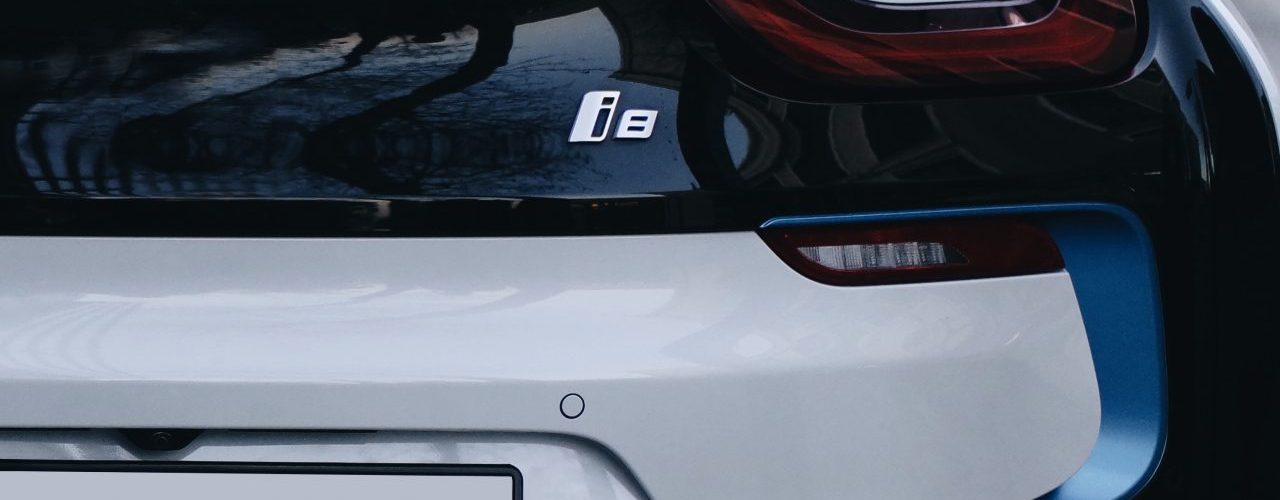SRN states initially that it is a question of a chain transaction, i.e. that the electricity must be considered transferred in two stages – first from the operator to the Applicant and then from the Applicant to the customer. The applicant therefore sells a product.
Furthermore, according to SRN, it is a composite provision where electricity is the main part that the customer requests. This is because the service is not something that the customer can be considered to have requested separately, but only a means to be able to charge the car.
SRN’s conclusion is thus that the Applicant is selling a composite provision of a product.
Source: svalner.se
Latest Posts in "Sweden"
- Sweden Proposes 2026 Tax Cuts: Lower VAT on Food, Labour Tax Reductions, Household Relief
- Sweden Proposes New VAT Deduction Rules for Businesses With Mixed Taxable and Exempt Activities
- Sweden Proposes Temporary VAT Cut on Food to Lower Grocery Costs for Households
- Briefing Document & Podcast: E-Invoicing and E-Reporting in Sweden
- Sweden Proposes Temporary VAT Cut on Food and Bottled Water from April 2026 to December 2027















